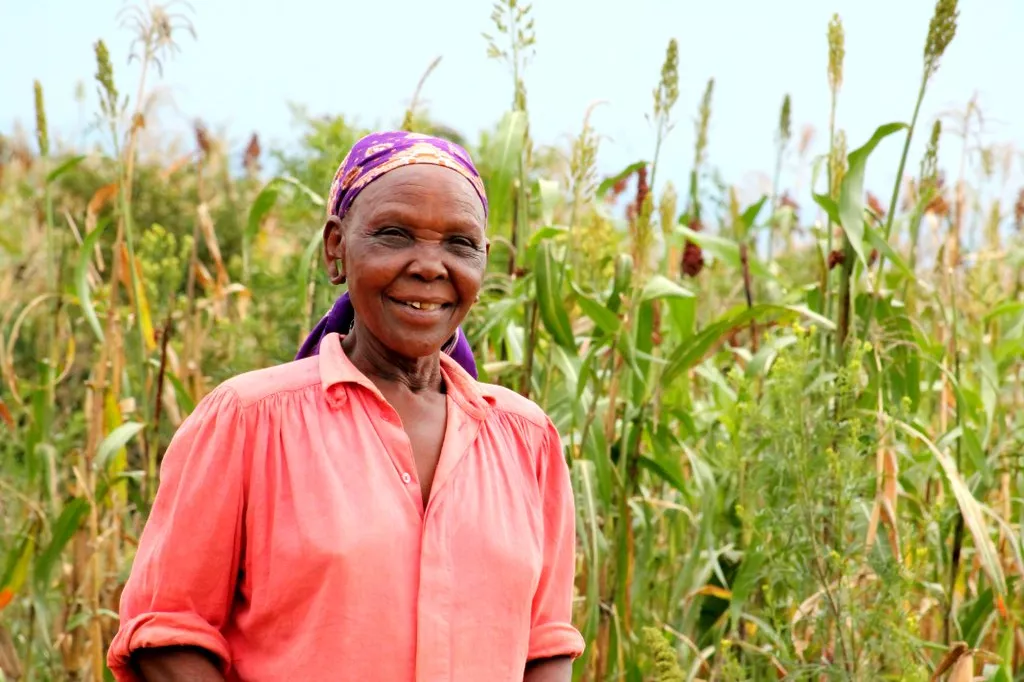From a serial circumciser to a women’s rights champion

Languishing in remorse, Elizabeth looks dazed as she narrates her story in her mud-thatched hut on the eye-catching dry hills of Lomolo village in Baringo County. With faint wrinkles creasing her seasoned face, signs of her old age, Elizabeth reflects on her dark past. “What I did was a great sin. I have destroyed many girls’ life and I deeply regret it,” she hesitates a moment before adding, “Only God can forgive me for my past actions.” Her frankness and openness in describing her past and transformation journey is a testament to the contrite person she has become.
Elizabeth inherited circumcision skills from her grandmother and grew up taking it as a normal family livelihood. She would wake up every day at 2 am to start her venture and normally and by mid-morning she would be done for the day. On a good day, she would circumcise up to 30 girls and women.
“I have circumcised over a thousand women,” states Elizabeth to the shock of participants in the room. She earned 200 shillings per circumcision and would use the money to buy food for her family and the rest she spent on alcohol. She says alcohol was necessary to keep her sane for such a job and she would normally drink before and after the procedure.
Through the Jukumu Langu project, Elizabeth has been targeting cultural beliefs, demystifying the myths and untruths associated with female circumcision. For instance, she has reached out to men who have been a silent driving force in promoting FGM. Elizabeth says men in Mogotio would marry uncircumcised women and exert much pressure for them to be circumcised and become better wives. Some men have abandoned their women who have refused to undergo the cut.
“Some men believe that ugali cooked by a circumcised woman tastes better than that of an uncircumcised woman,” says Elizabeth, highlighting some common myths on female circumcision. “Some men insist on marrying only women who have been cut. And the women who refuse are stigmatized even by their fellow circumcised women,” adds Elizabeth.
There has been an overall decline in the prevalence of female circumcision in Mogotio. Rose Nerea, a community member in Mogotio and one of the local women rights activists, says that community perception of female circumcision has been changing with time. She attributes this to the awareness campaigns, dialogue sessions within the community and strengthened the capacity of women's groups to monitor and report cases of FGM.
FGM poses significant health risks beyond the psychological consequences of undergoing pain, trauma and mutilation. As well as the threat of infection, it also heightens the dangers associated with childbirth, such as haemorrhaging and denies sexual pleasure to millions of women who have undergone the cut.
Elizabeth turnaround is remarkable and her story is a true testament that it's never too late to change.
Andra nyheter

The power of people powered Public-Private Partnerships
Public–Private Partnerships (PPPs) are often discussed in terms of roads, power plants, housing, and other large infrastructure projects. But as discussed on the People’s Partnership Podcast, PPPs are...

ForumCiv’s social media accounts labelled as “extremist materials” in Belarus
Important message to our Belarusian followers. Any interaction with our content can now lead to legal consequences in Belarus. Please read the information below and take the necessary precautions for...

ForumCiv enters new strategic partnership
ForumCiv is proud to announce a new three-year strategic partnership with Sida, totalling SEK 137 million.